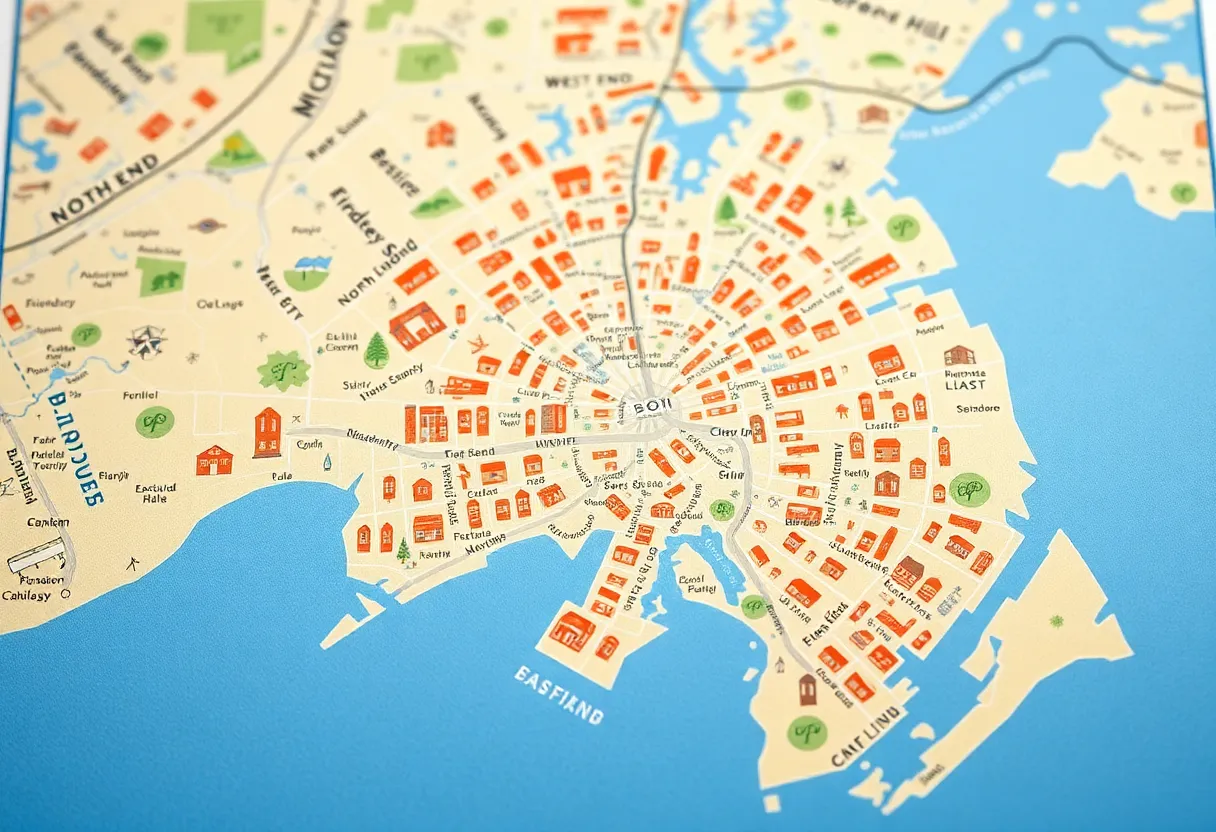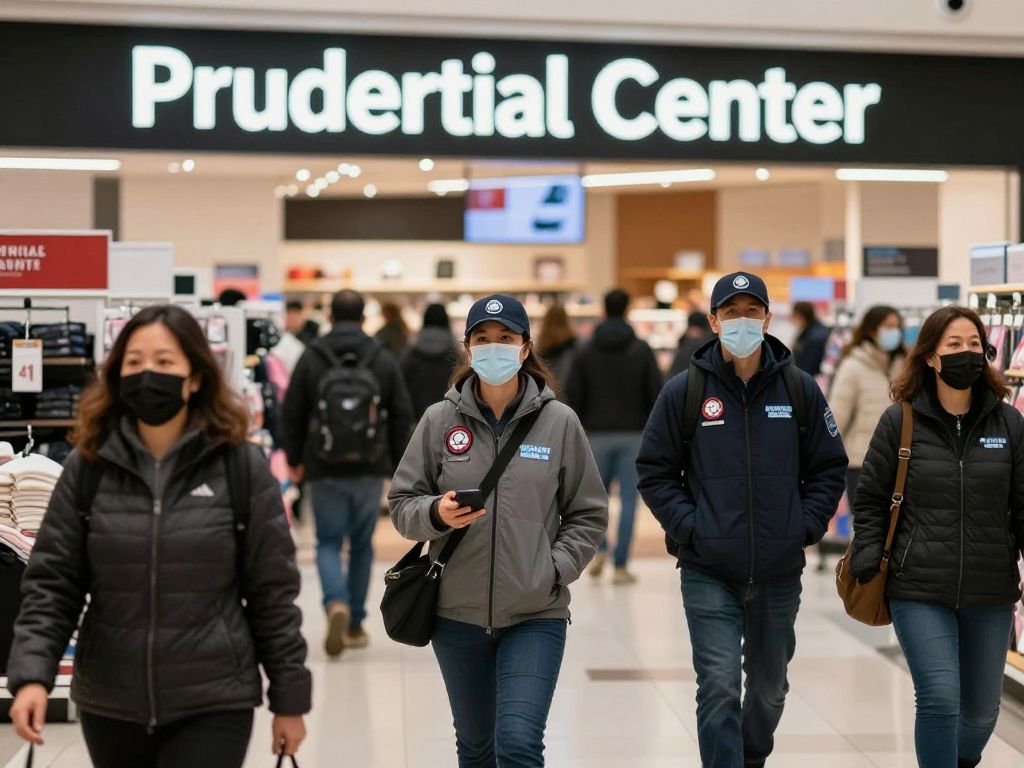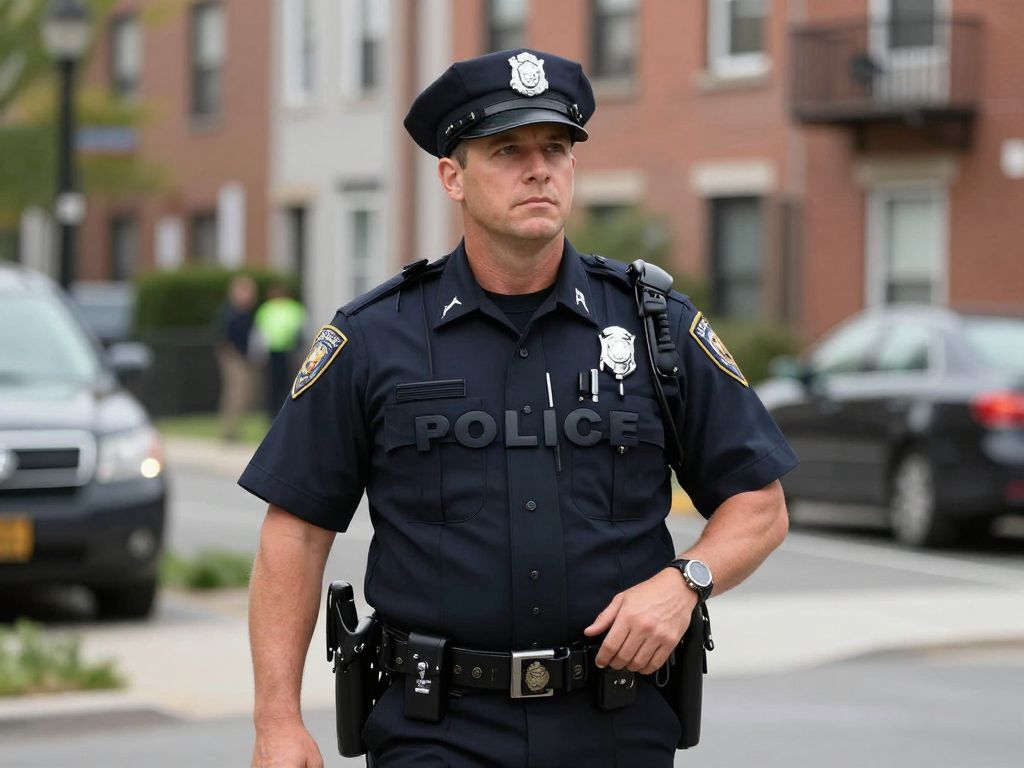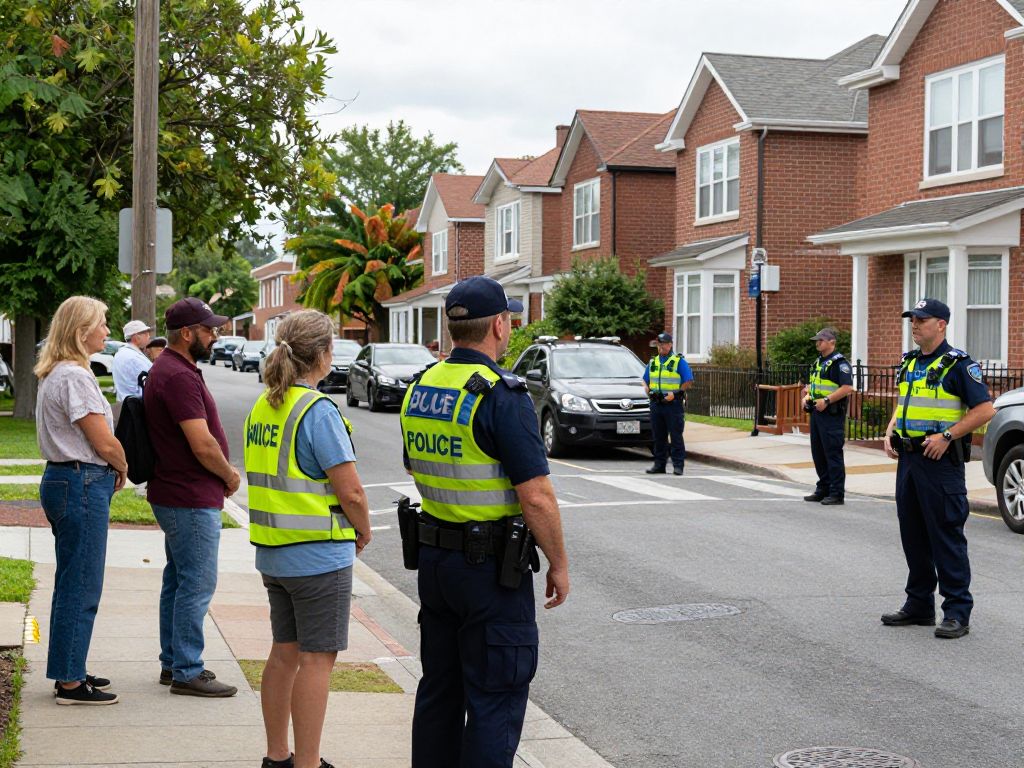News Summary
Boston residents are expressing frustration over OpenAI’s GPT-5, which has produced inaccurate neighborhood maps. Key areas like North End and Beacon Hill were omitted, leading to confusion and dissatisfaction with the AI’s geographical understanding. Users noted the map’s poor quality, comparing it to a child’s drawing, while concerns about AI ‘hallucinations’ and the reliability of generative AI in complex tasks have surfaced. The incident raises questions about the need for high-quality geographic data in AI models.
Boston’s Neighborhood Mapping Confusion with OpenAI’s GPT-5
Boston users are facing significant issues with OpenAI’s latest artificial intelligence model, GPT-5, which has failed to accurately map the city’s neighborhoods. The generated map has been widely criticized for its inaccuracies, leading to confusion among those who requested the mapping service.
Several users noted that the AI-generated map was poorly constructed, omitting well-known neighborhoods such as North End, West End, and Beacon Hill. This has raised eyebrows and led to frustrations about the model’s ability to grasp the geographic context of the city and its surrounding areas. For example, many users were baffled by the separation of Brookline, a neighboring town, from Boston itself in the mapping output.
In particular, the portrayal of Charlestown also came under scrutiny due to the existence of multiple locations named Charlestown across the United States. This confusion was further compounded by users’ comparisons of the map’s quality to that of a child’s drawing, highlighting a concerning lack of geographic precision and accuracy.
Public Reaction and Concerns
The public reaction has been overwhelmingly critical, with many users expressing their dissatisfaction on various platforms. Complaints included the complete omission of established neighborhoods and the incorporation of nonsensical geography in the generated map. The inadequacy of these outputs has raised questions about the reliability of generative AI technology, particularly when addressing complex tasks such as cartography.
Concerns about the “hallucination” phenomenon that some generative AI tools exhibit were echoed in user feedback. This term refers to instances when AI models produce outputs that are incorrect or nonsensical due to their incomplete training data. Such inaccuracies can lead to misleading information, especially for users relying on the AI for accurate local knowledge.
Comparative AI Performance
The shortcomings of GPT-5 have led to further scrutiny of other AI models, such as perplexity.ai, which reportedly provided similarly poor outputs when tasked with creating a neighborhood map for Boston. This collective inaccuracy raises questions about the robustness and comprehensiveness of the geographic data utilized by these generative AI tools.
Google had previously announced its limitations regarding the generation of visual maps, stating that it cannot produce visual mapping content but can only provide relevant links to resources about Boston neighborhoods. This distinction further underscores the difficulties faced by users seeking precise mapping capabilities from AI technologies.
Implications for Generative AI Development
The challenges encountered by GPT-5 in accurately rendering neighborhood maps reflect a broader issue within the development of generative AI systems: the necessity for high-quality, localized geographic data. As users share their experiences and frustrations, the demand for improvement in the accuracy and reliability of AI-generated outputs becomes increasingly clear.
To mitigate these challenges, developers of generative AI must prioritize the integration of comprehensive and precise data sets in their models. As advances in artificial intelligence continue, the need for responsible and accurate outputs will be critical for ensuring user trust and the utility of these tools in practical applications.
Deeper Dive: News & Info About This Topic
HERE Resources
Boston Life Sciences Real Estate Faces Vacancy Crisis
Boston Launches Anti-Displacement Action Plan
Boston City Council Takes Action Against Rat Infestation
Surprise Fireworks Light Up Boston’s Night Sky
Barrow Bookstore Recognized Among the Best in America
New Dining Destinations Boost Greater Boston’s Culinary Scene
Challenges Faced by Boston Under Mayor Michelle Wu
Boston’s September 1 Moving Day Chaos Unfolds
Dine Out Boston Returns This Summer
Ongoing Homelessness and Drug Use Crisis in Boston’s Mass and Cass
Additional Resources
- Universal Hub
- Wikipedia: Boston
- MassLive
- Google Search: Boston neighborhoods
- Boston.com
- Google Scholar: Boston neighborhoods
- Boston Globe
- Encyclopedia Britannica: Boston
- Dorchester Reporter
- Google News: Boston community health

Author: STAFF HERE BOSTON WRITER
The BOSTON STAFF WRITER represents the experienced team at HEREBoston.com, your go-to source for actionable local news and information in Boston, Suffolk County, and beyond. Specializing in "news you can use," we cover essential topics like product reviews for personal and business needs, local business directories, politics, real estate trends, neighborhood insights, and state news affecting the area—with deep expertise drawn from years of dedicated reporting and strong community input, including local press releases and business updates. We deliver top reporting on high-value events such as Boston Marathon, Head of the Charles Regatta, and Boston Harborfest. Our coverage extends to key organizations like the Greater Boston Chamber of Commerce and Associated Industries of Massachusetts, plus leading businesses in finance, biotech, and insurance that power the local economy such as Fidelity Investments, Biogen, and Liberty Mutual Insurance. As part of the broader HERE network, we provide comprehensive, credible insights into Massachusetts's dynamic landscape.





